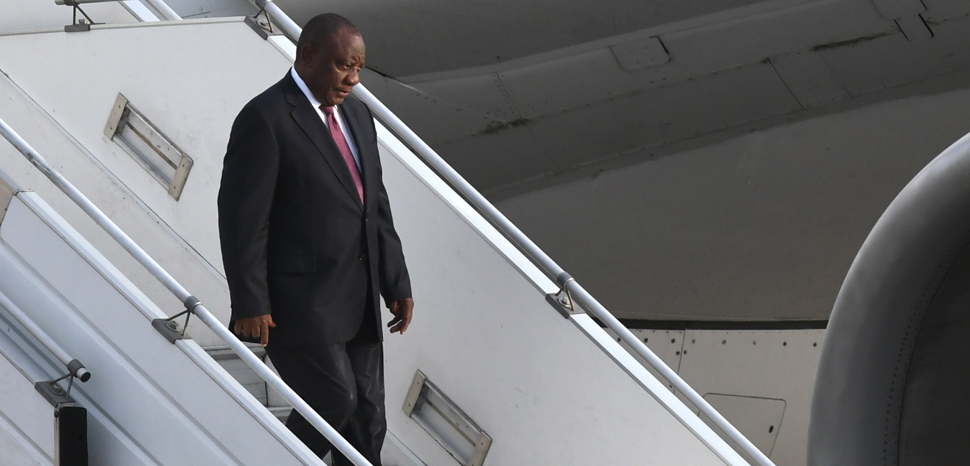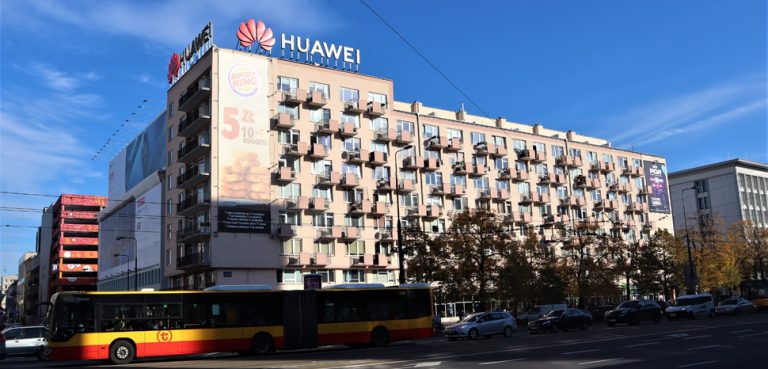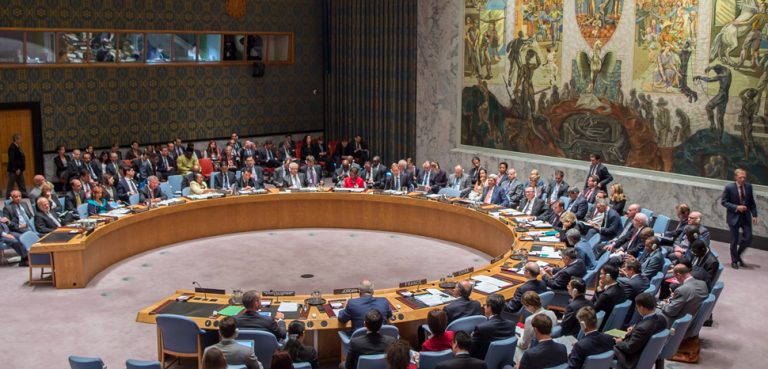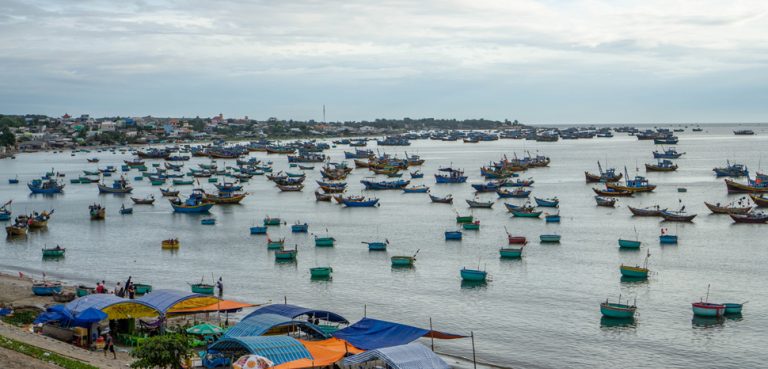After years of decay and deficiency, South Africa’s executive has stood up to the COVID-19 pandemic. Its reflexive information campaign has dominated national news cycles; its narrative has sought command over the crisis. The executive’s approach appears to have calmed the national mood. And though it has been active and determined, there remains an unclear picture of where exactly the nation will emerge once the pandemic has subsided.
The declaration of a state of disaster on March 15th has placed democratic South Africa in unchartered territory. In terms of its Disaster Management Act, the executive is afforded sweeping powers. The first regulations issued in terms of the Act on March 18th indicated a bellicose response. Though it included no mention thereof, the regulations paved the way to the national ‘lockdown’ that was declared on March 23rd. South Africa’s would be a securitized path of command and constraint. The Department of Defense was instructed to “release and mobilize any available resources.” The closure of schools, the limitation of gatherings and visits to correctional and other facilities, as well as a ban on the sale of alcohol all contributed to a framework of control. Additional directives are increasingly justified by the narrative of waging “war” on the virus.
Given the country’s turbulent past, war-like analogies and approaches are dangerous. The evasion of war has been central to the democratic state; the national ethic is one of peace and reconciliation. South Africa’s brutalized long-term and corrupted short-term history have resulted in a traumatic and broken present. Today the state, the institutional capacity, the nation is vulnerable. Cyril Ramaphosa has made this a central goal of his presidency: building a capable state. A frail state cannot easily handle the rhetoric and implications of war, whose effects are unpredictable and often uncontrollable.
Owing to the pandemic’s global and exceptional nature, the executive has looked abroad to find ways to deal with it. As many others have, South Africa has followed the Chinese path of restriction. But South Africa is not China and while this avenue appears effective epidemiologically, the broader consequences of a strategy based on forced restrictions has implications that beg existential questions. What will lockdown do to the country’s fragile socio-economic situation? The economy has been brought to a stand-still. The resulting broad-based downturn, job losses, and bankruptcies will have a dastardly effect on all – and the poor will be hardest hit.
On Thursday April 9th, President Ramaphosa declared that the initial 21-day lockdown will be extended by 14 days. Lockdown, especially applied to over-crowded informal areas, cannot be a lasting strategy. However, a simple return to normality will negate all the costly efforts made by South Africans. When it eventually emerges from the lockdown, the battle will not be over. While it helps to curb the spread of the virus, a lockdown can only really buy time for more extensive plans to be put into place. Without these efforts the benefits of lockdown will be short-lived. Extended securitization presents serious questions to the functioning of social order. The lasting effects on law and order, presently unknown, could be devastating.
While the executive has decisively led the campaign, critical questions have emerged regarding the role of the judiciary and the legislature. In true Ramaphosa style, the president has corralled opposition parties to support the efforts of the government. While the State of Disaster is no time for antagonism, opposition parties do hold important roles in asking tough questions of the government’s approach and actions. As for Parliament, its check on the executive has virtually ground to a halt. The Disaster Management Act meanwhile does not impose requirements on the executive to report its actions to Parliament. The lockdown has come at a time when parliamentarians are required to work with communities around the country under the scheduled Parliamentarian Constituency Programme. Lockdown must not be used as an excuse not to execute their mandated oversight of the government’s actions. Direct engagement with the people in a safe or even digital realm will afford members of Parliament critical insight into the realities on the ground.
By intervening in the functioning of the courts, declaring their partial closure, the Justice Minister arguably encroached upon the powers of the judiciary. In doing so he underscored the need for concordance between the executive and the judiciary during the ongoing crisis. In a reported letter from Justice Mogoeng, the Constitutional Court Chief Justice rebuked the minister. He reportedly asked whether the executive’s interpretation of the Disaster Management Act does not afford it “more extensive and restrictive powers” than those provided under the more severe State of Emergency. “Even in the case of the state of emergency”, said Mogoeng in an earlier letter to colleagues, “the constitution empowers the courts to pronounce on the validity of the declaration… courts therefore have to stay open.” Herein, the chief justice reminds the executive that all exercise of power remains subject to the law and the review of the courts. The speaker of parliament will do well to follow this example. In executing her constitutional duties, she must ensure that Parliament continues to function not through the haphazard interpretation of its members, but as an institution. For one, as has been widely suggested, Parliament could establish a committed ad hoc committee that oversees the execution of Disaster Management Act regulations.
In his April 9th speech, President Ramaphosa laid out a three-part strategy to deal with ongoing effects of the pandemic. These include an “intensified public health response”; “a comprehensive package of economic support measures”; and “a program of increased social support.” The measures are certainly welcome. Their introduction, however, does not present a new vision but a response to ongoing problems.
While data crunching and statistical modelling are useful tools through which to understand the problem, these remain inside a worldview of control, suggesting what should be avoided. The executive has not come up with a strategic vision that extends bureaucratic management to chart a path forward. This orientation does not address the transition from containment to liberation. Government’s focus on lockdown as opposed to opening up threatens the South African economy and democracy. At present the state is simply copying from others who often have different ethical foundations and geopolitical interests. A successful strategy would reside in an honest and thorough comprehension of the national realities; South Africa continues to struggle to define its national interest and character post-Apartheid. Thus far, South Africa’s tactics in addressing the pandemic have contributed to a tilt towards authoritarianism. This approach is in direct contradiction to the democratic ethos of its widely praised constitution.
The views expressed in this article are those of the authors alone and do not necessarily reflect those of Geopoliticalmonitor.com or any institutions with which the authors are associated.




